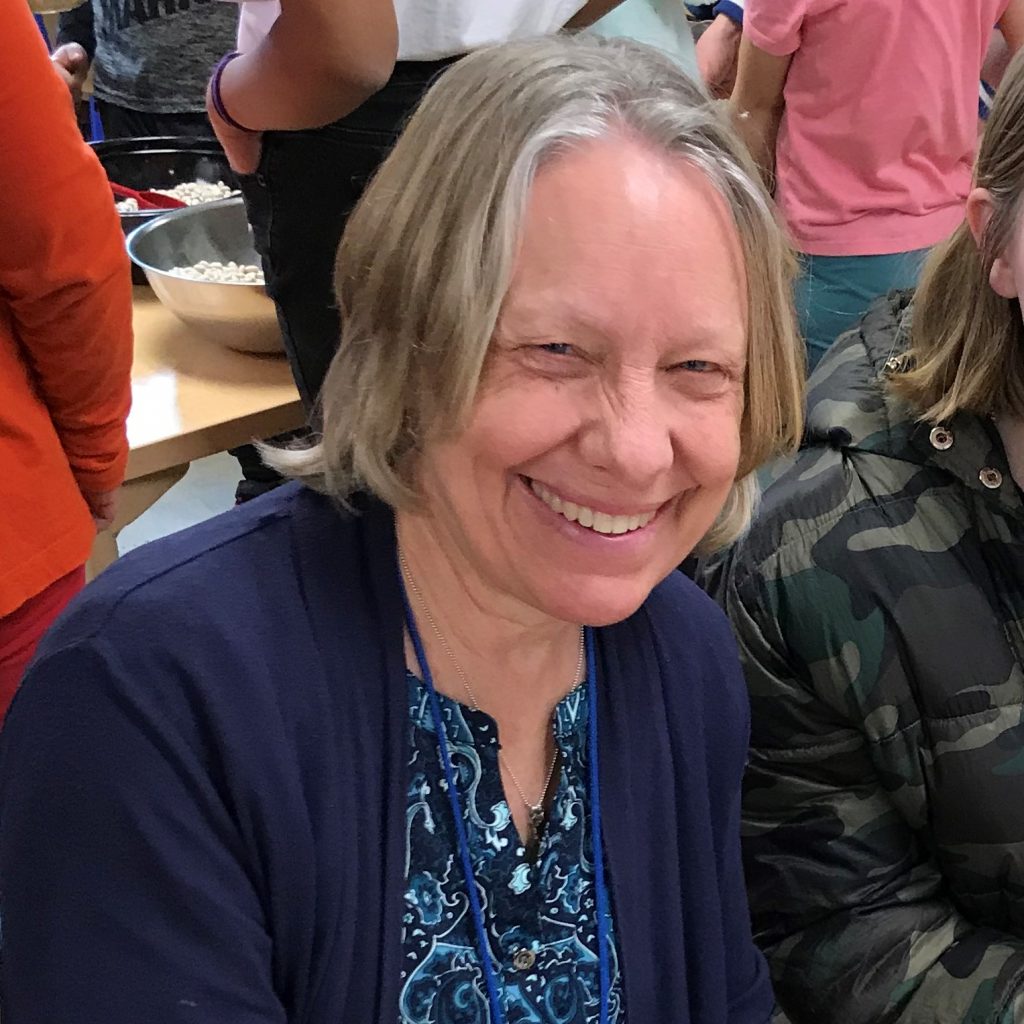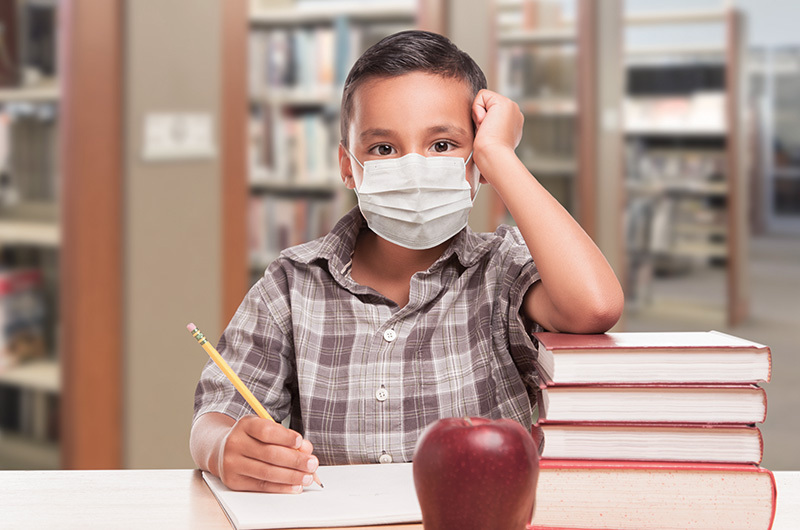
I’m very grateful that BFS School Counselor Linda Kamel will be increasing her teaching role in every division to support children and teaching and learning this year. Linda is planning to facilitate parent forums in advance of the school year and during the school year to provide parents with guidance in navigating these before-school conversations and other social, emotional and mental health questions and concerns related to children and family life during the pandemic. The days and times of the forums follow; links to each were included in her recent letter to parents:
Monday, August 24 4:00 PM – Middle School Parents
Tuesday, August 25 7:00 PM – Lower School Parents
Thursday August 27 4:00 PM – Upper School Parents
Linda has invested a great deal over the summer – in her own professional development, in her thoughtful planning for this year and all it will ask of her and our community, and in her partnership with others at our school. I am confident, as I have always been, that you will experience and understand her regard and deep care for every member of the community, her thoughts about being both planful and ready for the year before us, and her ability to express empathy and address questions about parenting, children, and the range of the social and emotional issues we can expect to encounter.
—————————————————————————-
The following article is by Ellen Greenlaw (Senior Writer, Boston Children’s Hospital)

This back-to-school season is shaping up to be unlike any before. As kids, parents, teachers, and schools approach the start of a new school year, there are still many questions about exactly what school might look like in the midst of the COVID-19 pandemic. With so many questions around school reopening, many parents don’t know how to prepare their kids for the upcoming year. For guidance, we turned to Erica Lee and Heather Potts, psychologists in the Department of Psychiatry at Boston Children’s Hospital.
How can parents help kids deal with the uncertainty around the coming school year?
Heather Potts: We’re all living in this time where we really don’t know what’s going to happen next week or next month, so we need to help kids understand that while there might be a plan for going back to school, we can be flexible. While we might expect and really hope for one thing, such as going back to their classroom, it might not happen — and that’s okay. Parents can use this moment to teach and model how to be flexible and use coping strategies for stress and times of uncertainty.
Erica Lee: Sitting with uncertainty is stressful for everyone. But research shows that trying to fight uncertainty actually makes it worse. Instead, being able to accept situations as they are allows people to also accept the emotions that come with those situations, and then to cope with them. So while it’s hard to tell your kids that you don’t know what will happen, it’s okay to be realistic with them. You can help them focus on the things they can control, such as how to wear a mask correctly and proper handwashing, rather than the list of things they can’t possibly know or control.
How do you plan for what might happen once kids get to school?
Lee: Kids feel reassured when they know what plans are in place and what changes to expect. Every school is making their own plans for how to open safely, so find out what the plan is for your school and then talk with your kids about what might be different. What will the classroom look like? What will lunch and recess be like? What extracurricular activities or clubs will your child have or not have? Walking through the specifics can give your kids something concrete to hold onto.
Potts: Practicing different scenarios ahead of time is a good way to give kids a sense a control. And letting them know they can play an active role in the safety and well-being of everyone at school gives them something tangible they can do in a time of so much uncertainty.
How can parents help prepare their kids for going back to a classroom?
Lee: We’re at the point where many schools are still putting out tentative plans, because everyone is adjusting to the pandemic happening in real time. Try to stay in regular contact with your school to learn what they are doing. Then you can walk through these scenarios with your kids and discuss their questions and concerns.
Potts: There are also some proactive things parents can start. For example, you can help your kids understand the importance of social distancing and wearing masks. Then you can help them practice these skills before school starts, and talk about how it will work in school. For example, even though they may not be able to run up and hug their friends or teachers, they can use a different, fun greeting.
What expectations should parents have around academics?
Lee: Try to be flexible and forgiving with your children and yourselves. This year is going to be harder for everyone: kids, parents, teachers, and schools. The goals we want to achieve may change as the year passes. Most kids will need additional support to help them learn how to structure their time, make to-do lists, break down tasks, get their work in on time, and communicate with their teachers if they are having a difficult time in any area.
Potts: It’s also important to speak up if your child is struggling. Don’t be shy to ask for help, whether it’s from another parent, a teacher, a counselor, or your school.
How can parents help kids deal with a shift in school plans mid-year?
Potts: Kids are actually adjusting to this, just as we all are. They are resilient by nature, but parents can model that resilience too. Being flexible, adapting to change, and focusing on the positive are all important life skills to have, and COVID-19 is a great teaching moment for developing those skills.
Lee: Parents can tell their kids, “If anything changes, we will work as a team to come up with a new plan. We will figure out together how to keep you safe, but also how to keep you learning and connecting with other people.”
